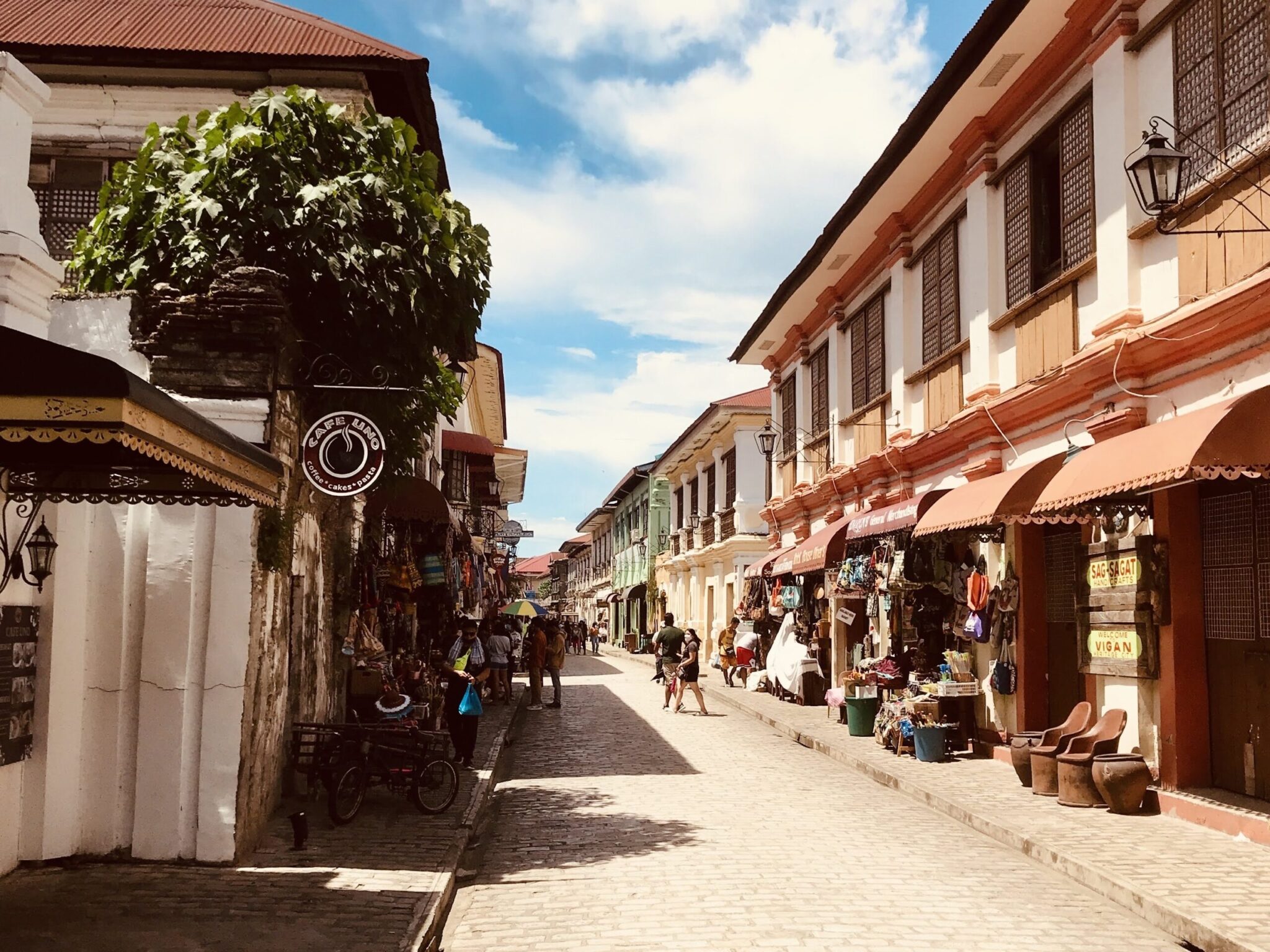
Gleaming trinkets suspended from store fronts. Savory scents emanating from food stalls. Clacking carriage wheels on cobblestones. These were the sights, smells and sounds that welcomed me to Vigan.
Roughly 250 miles north of the capital Manila, Vigan is a small, charming city in the northern Philippines. A UNESCO World Heritage Site, the city has survived a plethora of challenges within the centuries of its existence — wars, political turmoil and a host of natural disasters such as earthquakes and typhoons. The city is known as a tourist destination, owing to its well-preserved architecture, historical museums and rich delicacies.
I found myself wandering its streets the summer before my senior year of high school. An aficionado of history, I persuaded my family to visit the city as a road stop while we were sightseeing in the northern provinces. So, one day in the early morning, we set off from the fog-ridden hills of Baguio to the warm, sun-kissed sights of Vigan.
Stepping on the iconic Calle Crisólogo, I was brought back in time. Horses whinnied as they dragged carriages along on the city’s old thoroughfares. Aged homes lined the streets, their capiz-shell windows waving to visitors as they caught a breeze. Historical reenactors paraded the streets in costume and uniform, beaming with smiles as they answered questions about the city’s past.
Soon enough, I began playing with souvenirs, eating spoonfuls of ube ice cream and exploring every room in every museum. I meandered through a sea of racing kalesa carriages, running kids with their cups of halo-halo and tourists photographing everything and anything.
Seeking solitude and shelter from the sun and bustle, I found refuge under a tree in the Plaza Burgos. In the shade, I listened to the stories of the local carriage drivers. Some were comedic recollections of escapades and adventures. A few were debates on the best restaurant in town. Others were reflective introspections on the nature of life. Nonetheless, each story brought a smile to my face.
Beyond everything I saw and partook in over the course of the day, something indescribable touched me in hearing the drivers’ passion as they spoke about their city. Looking out the car window and toward the listless ocean as we left Vigan and drove down the coast, I was struck by a realization.
Each place has a story to tell beyond its touristic appeal — beyond the flamboyant marketing advertisements and the commercialized pleas of travel agencies. The locales we see on posters and postcards are more than the setting of a weekend getaway or a week-long vacation. What I call an escape, another calls home. This is not an epiphany in the sense that I learned something new or derived a complex answer to a question in my mind. This realization was simply the act of remembering a truth hidden behind the veneer of the tourism industry.
Learning from the stories I gathered, I came to discover Vigan from a new light. My perspective grew to encompass the personal, human and intimate aspects of the city by getting to know the people who called it their home. I grew to respect Vigan simply because it was as special and important for others as my home was for me.
With that in my mind, I frame all my explorations of new places with reverence for those who inhabit them.
After visiting Vigan, I discovered also the great value in the little things — tales I heard, conversations I held and lessons I learned. There is more to Vigan, and indeed any place in the world, than the superficiality offered by a tourist’s glance.
With that in mind, I challenge you to understand and respect the places you visit and the culture and people that define them. Aim to enjoy learning about a place rather than learning how to enjoy it. Appreciate the little things, and you will appreciate the big picture.







